Data breaches have become commonplace in recent years. As a result, it's not uncommon to find stolen passwords on the Dark Web for sale to the highest bidder. The question now is whether yours are among them. With these 6 free tools, you'll have the answer.
In recent years, data leaks have multiplied at high speed in France. Unfortunately, there is no shortage of recent examples. We remember, for example, the large-scale cyberattack carried out against Free at the end of October 2024. In total, a hacker managed to seize the data of more than 19 million Freebox and Free Mobile subscribers.
At the beginning of the year, a wave of cyberattacks also affected numerous French sports federations (boxing, motorsport, strength, mountaineering and climbing, etc.). The data of nearly 4.5 million members was stolen during this leak. Recently, the information of nearly 50,000 La Poste customers ended up on the Dark Web.
Most of the time, these data packets contain usernames, email addresses, phone numbers, and especially passwords. A particularly valuable commodity for hackers, since they can use them to access your various accounts without your knowledge. Then, it opens the door to all sorts of misdeeds: purchases on e-commerce sites in your place, publications on your social networks to promote fraudulent services/sites, identity theft, etc.
How do you know if your passwords are still protected?
And even if prevention is better than cure, how do you know if your passwords are still secure? There are several free tools on the internet for this, here are the most effective in our opinion.
The Google Password Manager
If you own an Android smartphone and use Google Chrome to browse, you should know that you have an extremely practical tool: the Google Password Manager. Directly integrated into the OS and the search browser, it allows you to:
- create and save unique and secure passwords in your account Google
- protect your saved passwords with built-in security
- autofill passwords on sites and in apps
But here, it's another feature that interests us: Password Check-up. Specifically, it lets you find out if your passwords have been hacked, assess their security level, or find out if they've been used multiple times. To take advantage of it:
- Log in to your Google account and then click the button that allows you to access all Google applications
- Look at the bottom of the list for Password Manager
- Now, click on Access Password Check-up > Check passwords
- Google will verify your identity, either via your biometric data (fingerprint, face ID, etc.), an identification key or another method selected by you
- Here, Google will tell you if one of your passwords has been hacked, if two or more accounts use the same password or if an account uses an insecure password
Mozilla Monitor
Let's move on to Mozilla Monitor, a completely free tool offered by the Mozilla Foundation. Note that you absolutely do not need to use the Firefox browser to take advantage of it. To summarize, the principle of Mozilla Monitor is very simple: you just need to enter your email address to find out if your data has been compromised during a leak or not.
- Go to Mozilla Monitor and log in with your Mozilla account (you can log in with your Google or Apple account)
- Here, the tool will tell you where and when your data was leaked
- By clicking on Resolve, Mozilla Monitor will simply offer to change the password on the services affected by these leaks
- When in doubt, change it because hackers will be tempted to use it on other accounts to see if you used the same password
Note that if your email address has been leaked, there is nothing you can do about it, unless you change it. In this case, here are some tips from Mozilla Monitor:
- Do not click on links in emails from unknown senders
- Beware of phishing attempts, particularly fake emails from your services/sites targeted by these leaks
- Mark suspicious emails as spam and block the sender
Have I Been Pwned
Let's now present one of the undisputed references in the field: Have i Been Pwned. This free and available online was developed by Troy Hunt, an industry veteran who currently works as a regional director at Microsoft. Specializing in computer security and software development, he created this reference site in 2013 with his wife, Charlotte Hunt, and Stefán Jökull Sigurōarson, a speaker dubbed by Microsoft as an MVP (Microsoft Most Valuable Professional).
To summarize the site's function very simply, simply enter your email address in the search bar to find out if it has been recovered in a data breach. If so, the site will provide you with a list of the different services on which your data has been compromised.
Importantly, the site also provides some context on the vulnerabilities in question, and above all details the type of data potentially recovered by hackers (email addresses, passwords, geographic location, usernames, languages spoken, genders, etc.).



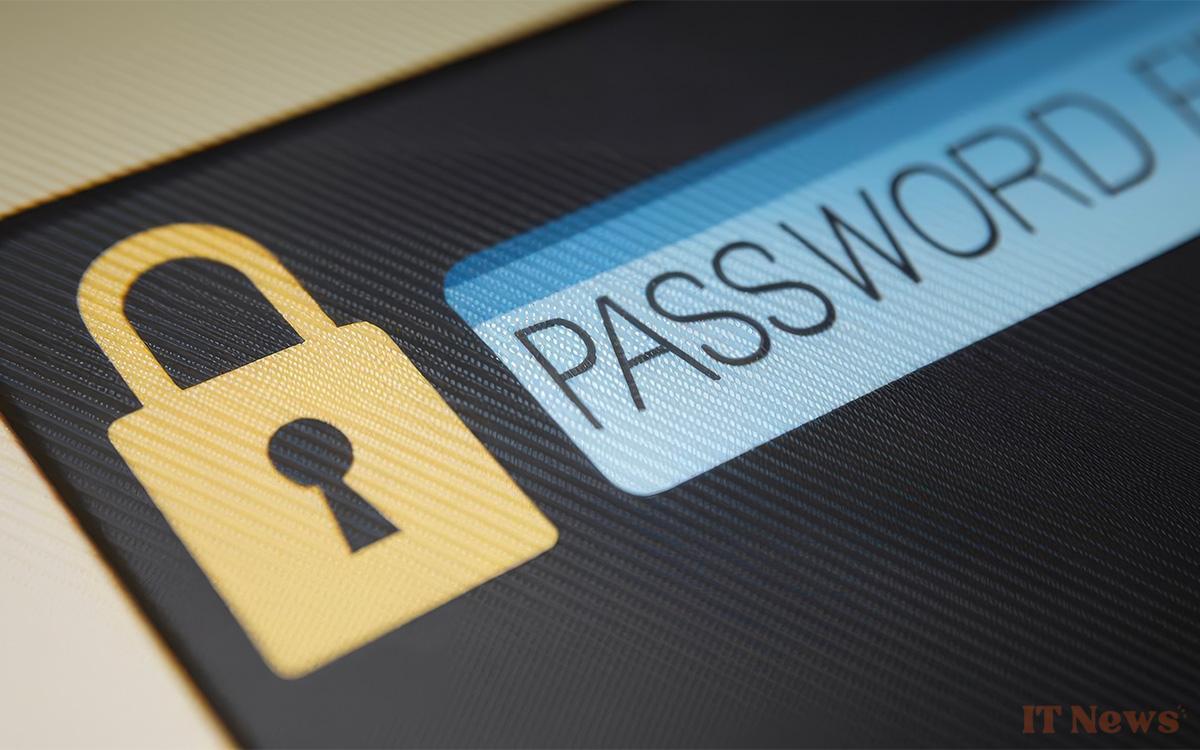
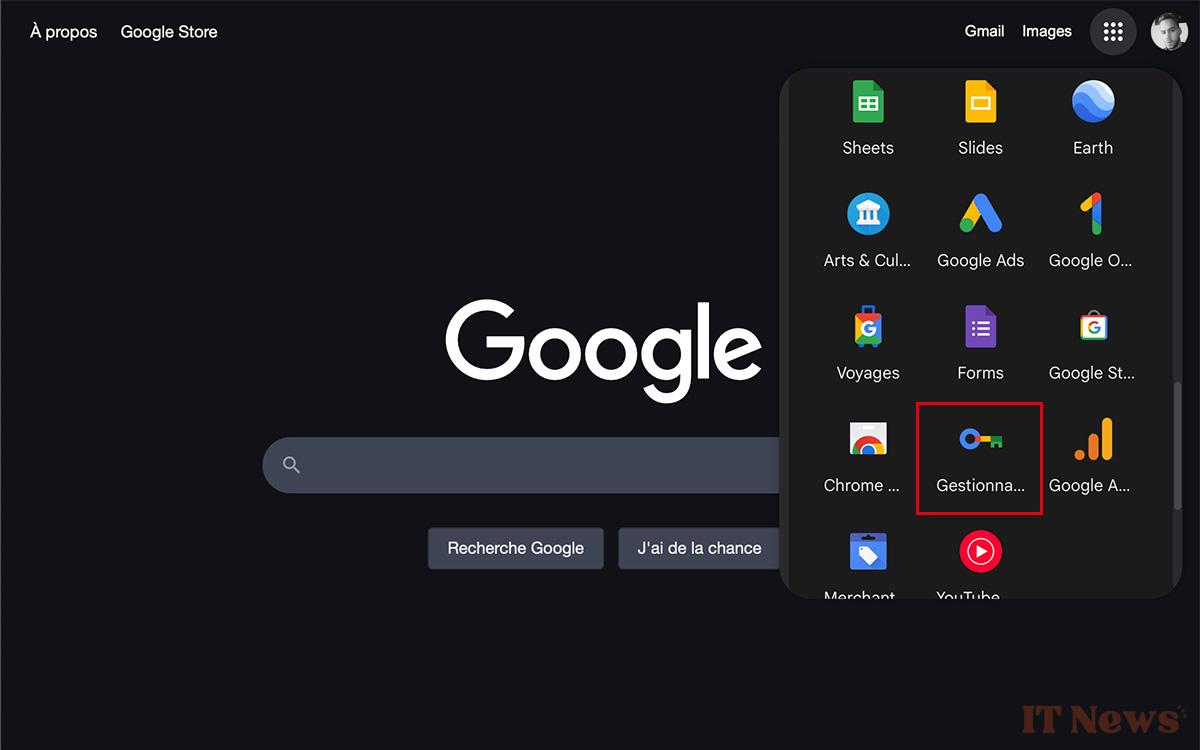
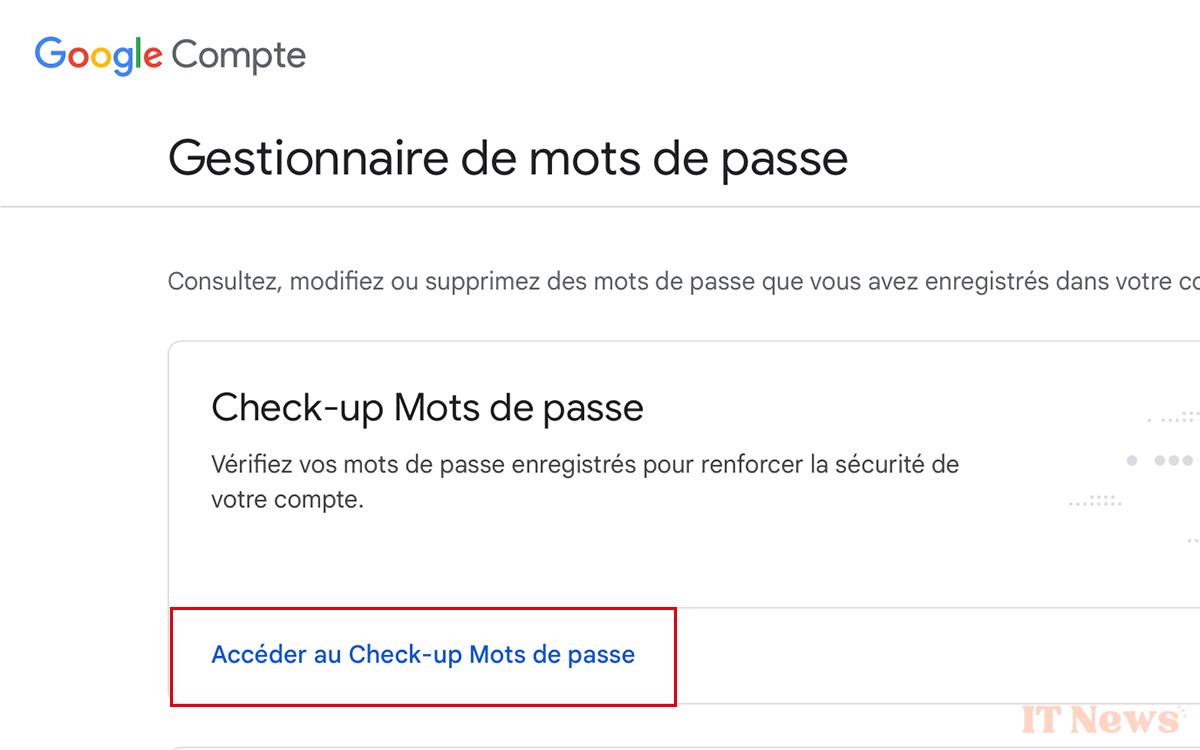
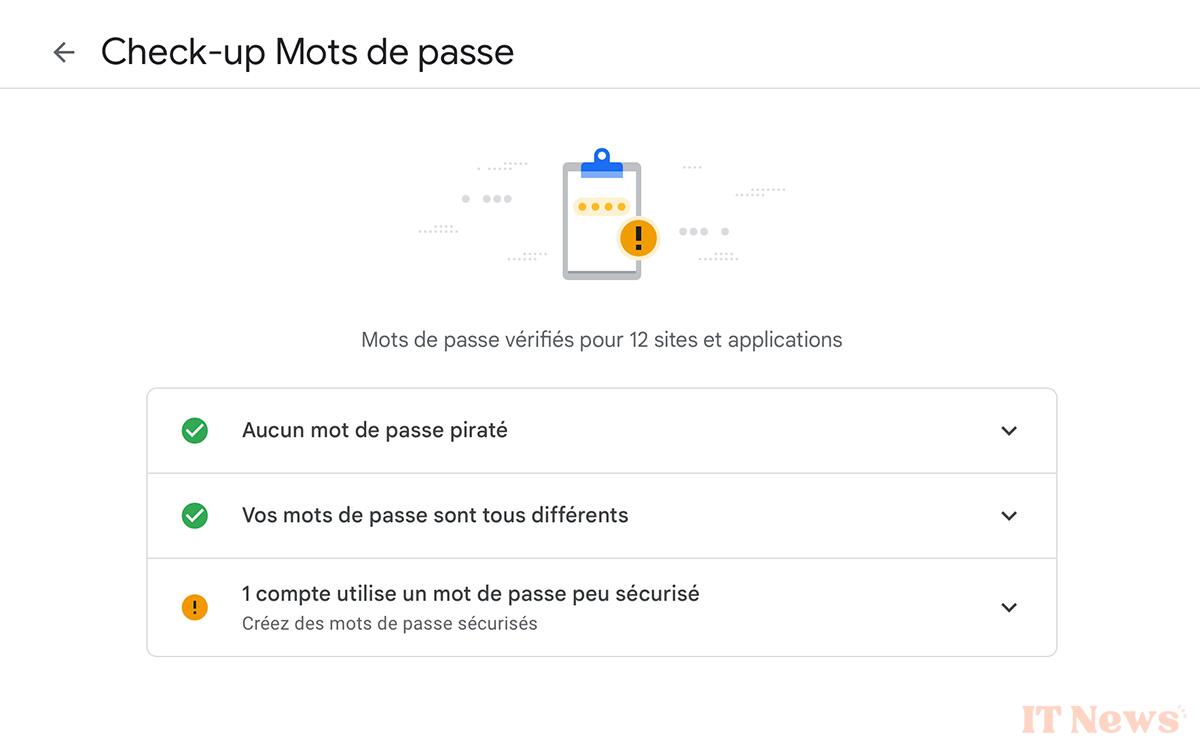
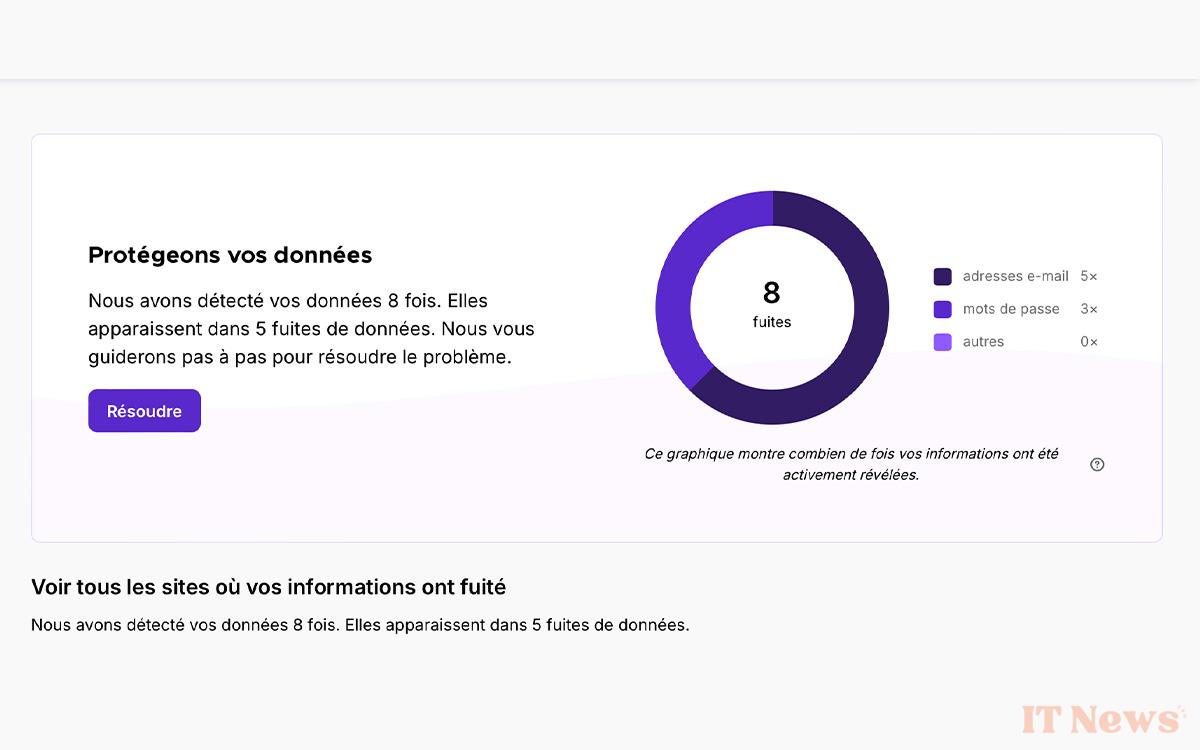
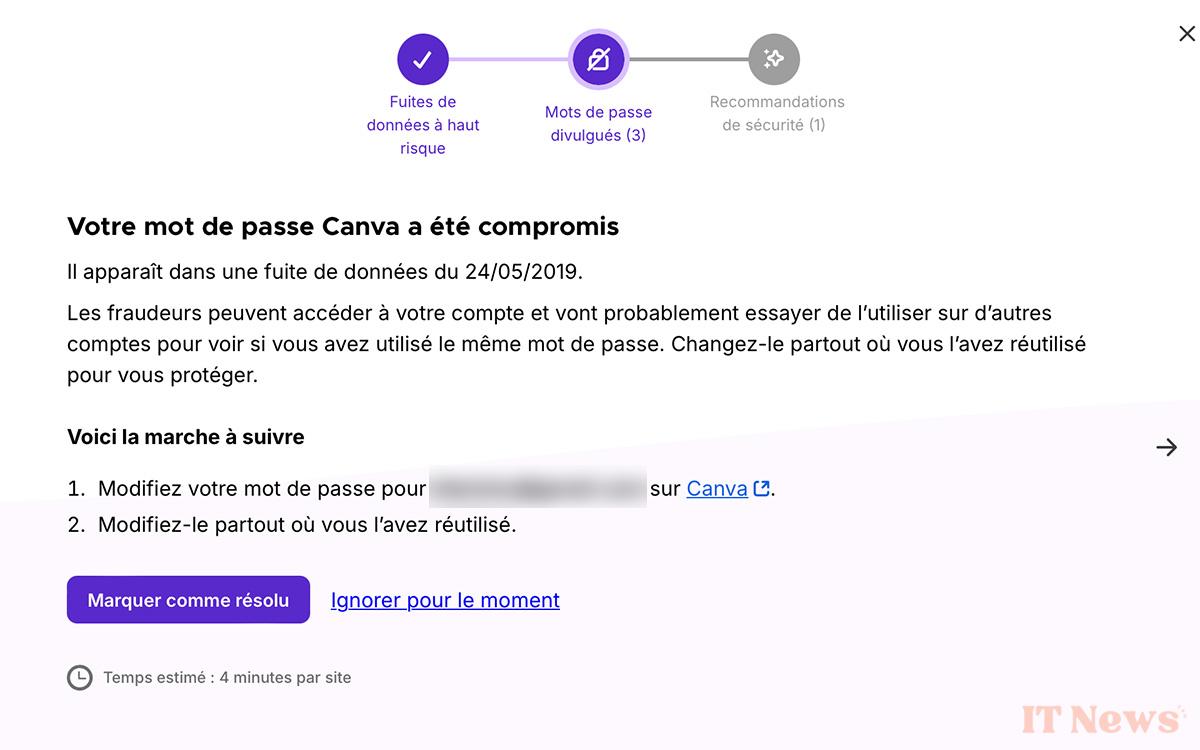
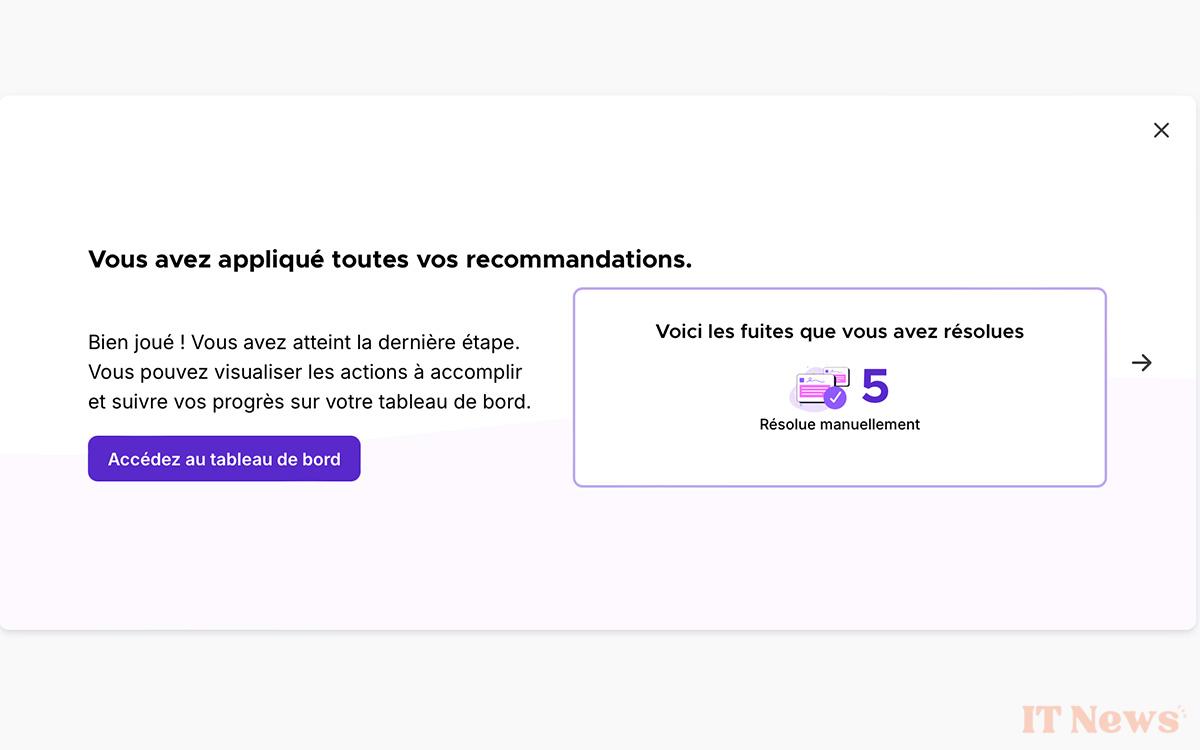
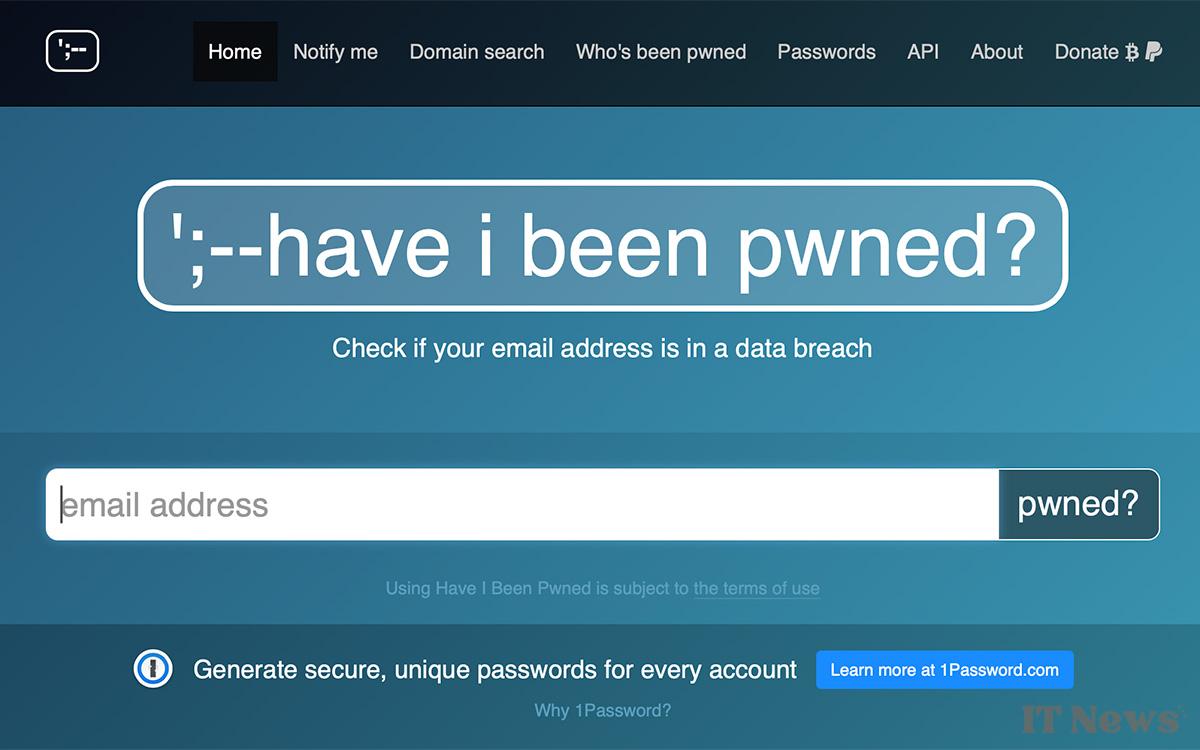
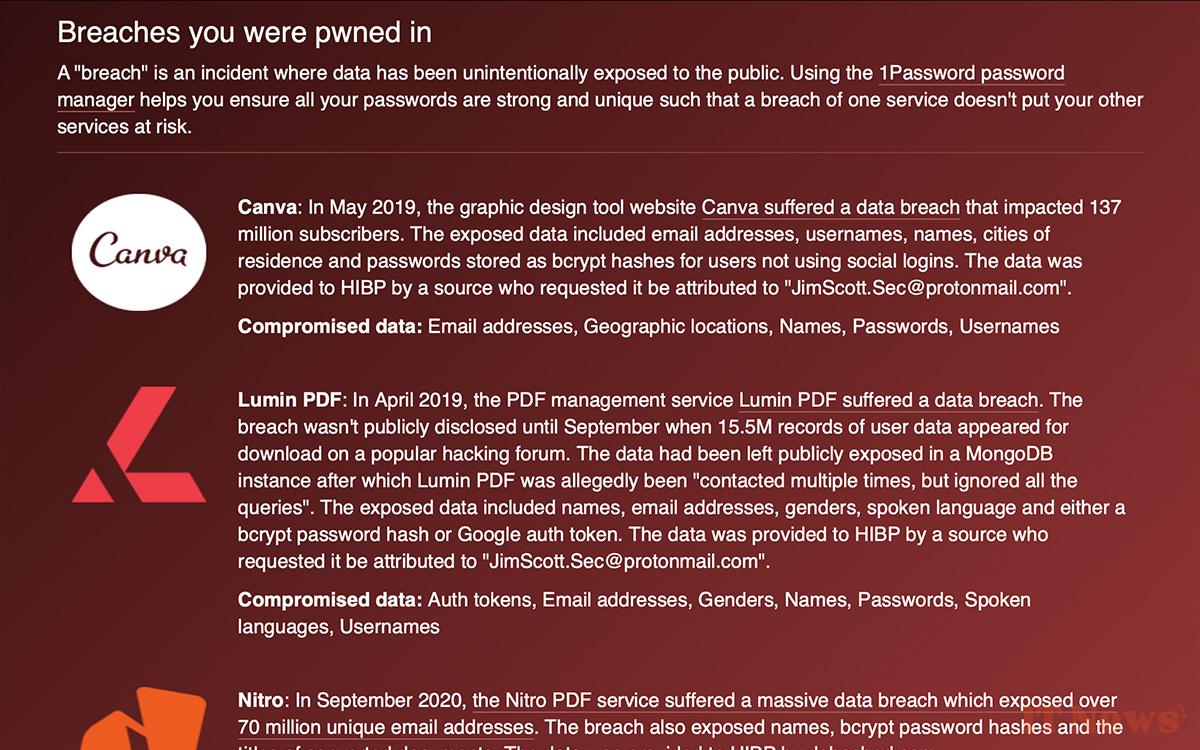

0 Comments